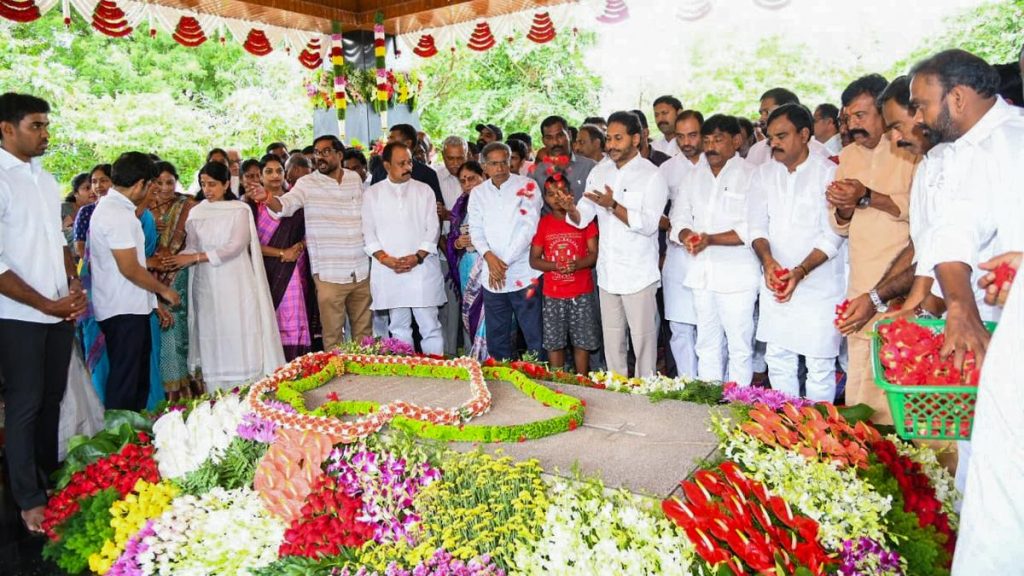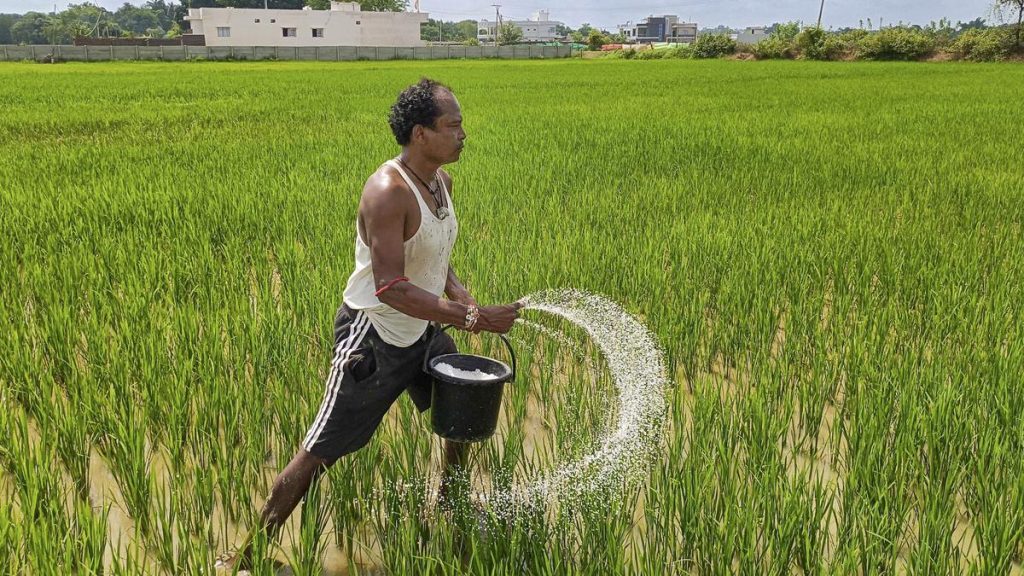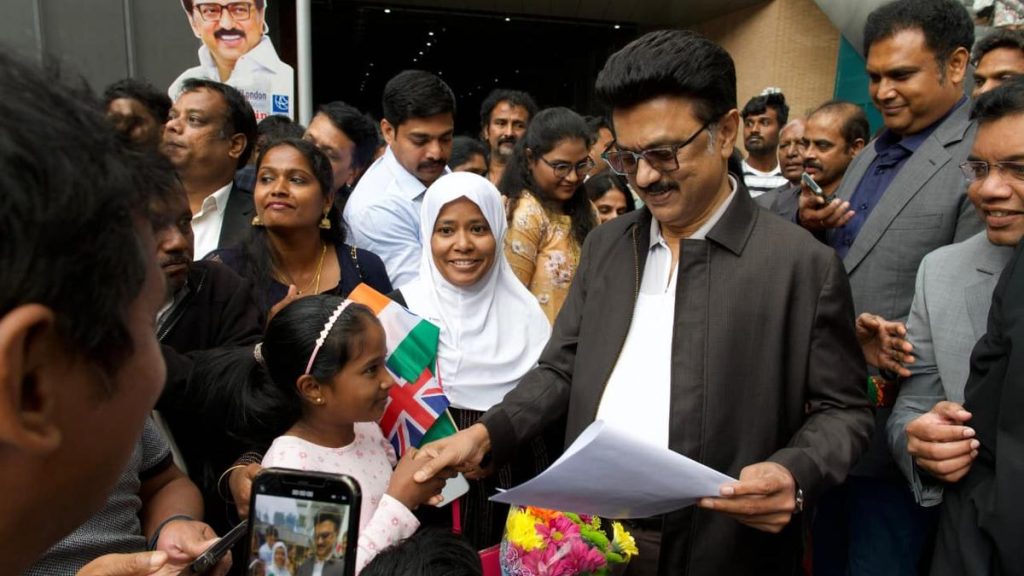Now Reading: West Bengal Assembly Addresses Harassment of Bengali-Speaking Migrants Nationwide
-
01
West Bengal Assembly Addresses Harassment of Bengali-Speaking Migrants Nationwide
West Bengal Assembly Addresses Harassment of Bengali-Speaking Migrants Nationwide

Fast Summary
- West bengal Legislative Assembly Discussion: On September 2, 2025, the West Bengal Legislative Assembly debated a resolution focusing on harassment and targeting of Bengali-speaking migrants in various parts of India. Minister Sobhandeb Chattopadhyay tabled the resolution.
- Content of Resolution: The resolution condemned incidents where Bengali migrant workers were forcibly evicted or labeled derogatorily as “Bangladeshis,” demanding measures to ensure their constitutional rights and dignity across the nation.
- Key Statements from Ministers:
– Sobhandeb Chattopadhyay: Highlighted that Bengali is spoken by approximately 8.3% of India’s population and is a constitutionally recognized language.
– Firhad Hakim: Claimed BJP-led states target Bengali migrants, describing BJP as “anti-Bengali.”
– chandrima Bhattacharya: Asserted that Bengali holds cultural importance, citing its connection to the national anthem while criticizing some BJP leaders’ views on the language itself.
– Bratya Basu: Linked linguistic-based state formation post-independence with ancient attacks against Bangla speakers in Bangladesh.
- BJP MLA Remarks: Sankar Ghosh queried whether targeted individuals in BJP states were primarily Bangladeshis while Ashim sarkar defended CAA for granting citizenship to Bengali Hindus for the first time.
- Additional Details: Reports indicate hundreds of migrants have faced detention or been forced to prove their nationality due to suspicions they are Bangladeshi nationals; some alleged cases involved deportation attempts later overturned via repatriation efforts by Indian authorities.
- Opposition Leader Suvendu Adhikari was suspended for causing disruptions during proceedings.
Find more details here.
Indian Opinion analysis
The discussion at West Bengal’s State Assembly highlights broader concerns over linguistic identity vis-à-vis regional migration within India and exposes underlying tensions surrounding citizenship narratives tied to nationality and ethnicity.The reported harassment of Bengali-speaking migrant workers raises meaningful questions about inter-state mobility, inclusivity, and constitutional protections across the country-issues arguably inseparable from larger debates around political affiliations or migration policies like those embedded in CAA.
While allegations about political bias (such as claims regarding BJP governance) were prominently voiced during assembly discussions, contrasting perspectives from opposition members underlined a lack of clarity on whether all individuals impacted by such targeting are indeed Indian citizens or undocumented immigrants-a distinction crucial for framing appropriate policy responses.More broadly, such debates challenge India’s ability to uphold its founding vision as a linguistically diverse republic where freedom of movement remains core-requiring both heightened accountability at regional levels alongside mechanisms ensuring equitable treatment beyond partisan divides.
Read full coverage here.























